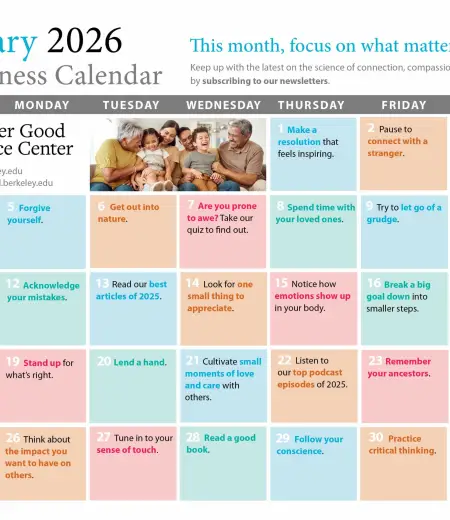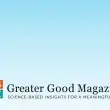When I heard the news about the Indian Ocean tsunami, I was sitting alone in my kitchen, with my husband and two children asleep upstairs. I was warm, dry, and surfing the net. The reports made me feel as if my heart had been ripped from my chest. My first thought was of the lost children—of them not being able to get out of the way, to climb high enough, to find safety. I thought of the ones who survived, crying and alone. And I thought, ‘Someone needs to take care of those kids,’ because that’s what I would want if it was me—or my children.
I am an emergency physician. I have a degree in public health. Immediately I felt I had to do something, but I knew that resources were likely better spent on water and shelter for the survivors. So I clicked on the Oxfam site and donated. But a few days later, the International Rescue Committee (IRC) put a call out for health specialists. I had known about the IRC for years, and have always been inspired by their work with refugees in dangerous places around the world. I’ve admired how they help displaced people on every level, from providing them water and improving sanitation to making sure their children are protected. When I heard they were calling for health specialists, I again felt uplifted by the IRC’s valuable work, and I realized that now I was capable of joining with this organization that I had respected for so long. I knew I had to help.
The IRC assigned me to the northeastern coast of the province of Aceh, where there were over 12,000 displaced Indonesians. I worked in a variety of roles over four weeks, giving measles immunizations, helping with disease surveillance, and providing direct care to patients.
On my last day there, I met a man who was terribly worried about his son. The boy seemed healthy. He was fat and smiling, though understandably wary of me. His father had noticed a brief period of dark stools, but that had stopped. We routinely didn’t pry too deeply into the tragedies suffered by individuals, as I might in my Boston emergency department. But this man needed to talk. He told us how he had saved his son by holding him above the water for hours, while he himself held onto a log and watched the rest of his family perish. He cried tears of relief when I reported that his son was the healthiest boy I had seen all day. After he left, my interpreter/nurse and I cried for him and his family, and for our children who were safe at home.


Comments